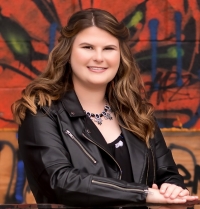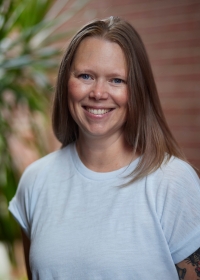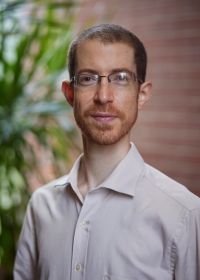Amelia Cook (Chickasaw) is a Ph.D. candidate in Science Education in the Instructional Leadership and Academic Curriculum department at the University of Oklahoma. Her research focuses on cultivating learning ecosystems that nurture relationships with land, culture, and community and advancing equitable, culturally responsive science education. She explores the cultural dimensions of science education, examining how learners engage with complex socio-ecological systems to address environmental challenges such as climate adaptation. Amelia designs land-based and relational learning environments that bridge diverse epistemologies and support community and climate science literacy. She collaborates with Indigenous communities to co-create educational spaces that center Indigenous futures, emphasizing participatory, intergenerational, and relational approaches to science education and research that sustain communities and support education for the seventh generation.











